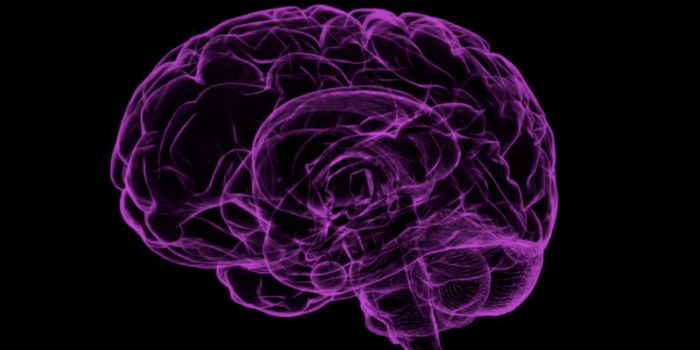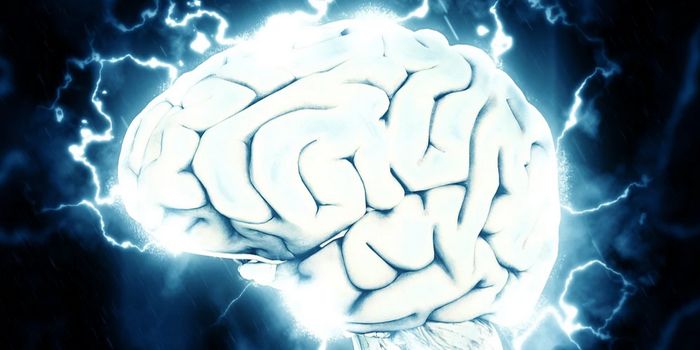Fear Memories are Stored in Prefrontal Cortex
A University of California, Riverside research team examined how the brain processes and stores memories of traumatic experiences and published the findings in Nature Neuroscience. The study identified the fundamental mechanisms that facilitate how the brain consolidates remote fear memories. Fear memories developed in the distant past are permanently stored in connections between memory neurons in the prefrontal cortex (PFC).
The researchers gave the mice an aversive stimulus, and the mice learned to associate the stimulus with the context. When exposed to the same context a month later, the mice froze in response, which indicated they could recall remote fear memories. The researchers showed that the PFC’s synapses between memory neurons, known as prefrontal memory circuits, were gradually strengthened after fear learning. The strengthening helped the PFC permanently store remote fear memories. Usually, information recall, recognition, and relearning stay in short-term memory for under 30 minutes, but this study shows how processing threatening experiences impacts working memory.
The team then repeatedly exposed the mice to the same fear-predictive context without the aversive stimulus, and the outcome was a reduced fear response to the context. Study author and associate professor Dr. Jun-Hyeong explained PFC's role in the process: "It is the prefrontal memory circuits that are progressively strengthened after traumatic events and this strengthening plays a critical role in how fear memories mature to stabilized forms in the cerebral cortex for permanent storage.” The findings suggest a similar mechanism could be used to store other non-fear remote memories permanently in the PFC for PTSD patients.
The researchers observed a small group of nerve cells or neurons within the PFC called memory neurons that were active during the initial traumatic event and were reactivated during the recall of remote fear memory. Cho explained, “When we selectively inhibited these memory neurons in the PFC, it prevented the mice recalling remote but not recent fear memory, suggesting the critical role of PFC memory neurons in the recall of remote fear memories.” These findings can lead to effective therapies for those suffering from PTSD by controlling how the brain accesses and responds to negative memories.
The team plans to selectively weaken the prefrontal memory circuits and examine whether this manipulation suppresses the recall of remote fear memories. The team hopes the results will contribute to developing a more effective intervention for PTSD and other disorders characterized by chronic or intense fear.
Sources: Eureka News Alert, Nature Neuroscience








